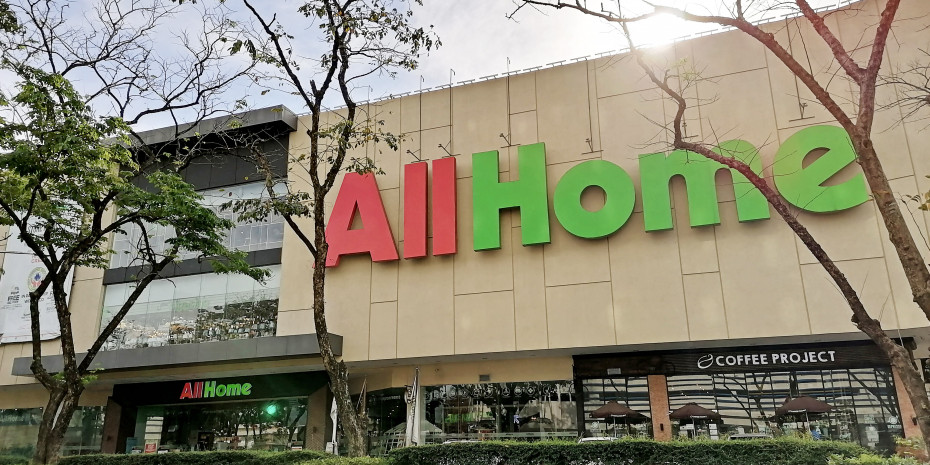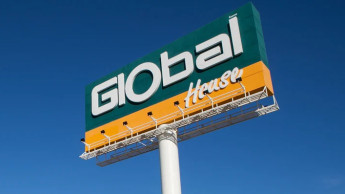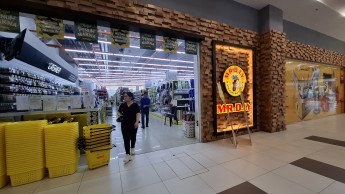With the world's longest lockdown still in place, albeit at different levels of severity, and with shoppers still shying away from crowded and enclosed places, these strategies are fast becoming part of the new normal.
The moves bode well for the firms. AllHome, a home improvement retail chain owned by top Filipino billionaire Manuel Villar, Jr., has placed the contribution of new marketing tactics at 10 per cent of its 2020 revenues. Competitors have not quantified the impact of their own strategies but agree that these helped to offset some revenue losses from drastically reduced store visits last year.
The deployment of online stores has been the most notable of solutions chosen to circumvent social distancing protocols. As omnichannel retailing suddenly became a necessity, companies shifted from maintaining a presence on social networks to putting a multichannel selling strategy in place. AllHome was among the first to launch an e-commerce platform that caters to the whole buying experience - from browsing to payment - in a virtual setting. Payment options include cash on delivery, no-interest debit or credit card payments that are staggered over 12 months, mobile payments, bank transfers and layaway plans. It also offers same-day and curbside delivery. Handyman, the local Do It Best store, and affiliate True Value Philippines tapped into parent company Robinsons Retail Holdings Inc.'s online store GoRobinsons for the same purpose.
Apart from having their own online stores, AllHome, Handyman and True Value, along with Ace Hardware, also maintain a presence in online marketplace giants Lazada and Shopee.
Wilcon Depot, the country's biggest home improvement chain, integrated its website into its call and collect service. Shoppers browse the selection on the website and place their orders by phone, messaging apps such as Viber, or text messaging. Purchases are picked up from the store or delivered to the customers' doorsteps.

 Menü
Menü















 Newsletter
Newsletter